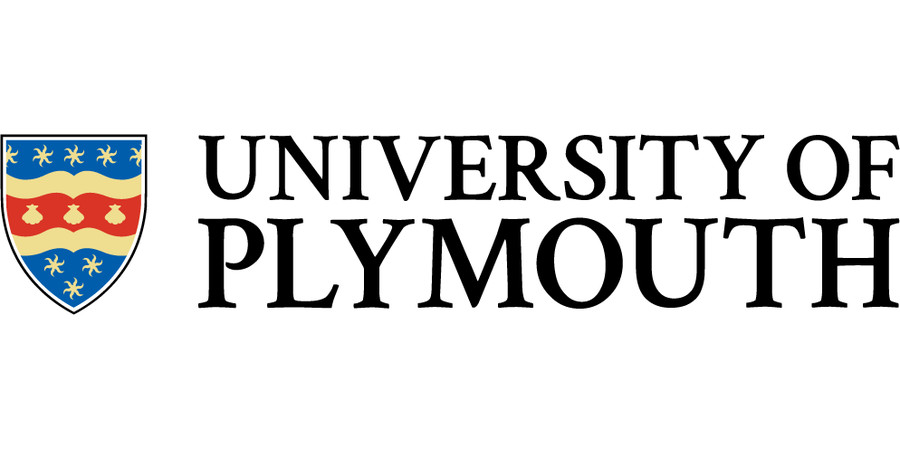PhD Studentship: Lithic lava fragments – secret recorders of eruptions pre-explosive history
University of Plymouth
| Qualification Type: | PhD |
|---|---|
| Location: | Plymouth |
| Funding for: | UK Students, EU Students, International Students |
| Funding amount: | The studentship is supported for 3 years and includes Home tuition fees plus a stipend of £20,780 per annum 2025-26 rate |
| Hours: | Full Time |
| Placed On: | 26th June 2025 |
|---|---|
| Closes: | 25th July 2025 |
DoS: Dr Paul Cole (paul.cole@plymouth.ac.uk tel: 07999919370)
2nd Supervisor: Dr Michelle Harris (michelle.harris@plymouth.ac.uk)
3rd Supervisor: Professor Alison Rust (alison.rust@bristol.ac.uk)
4th Supervisor: Professor Jenni Barclay (J.barclay@bristol.ac.uk)
Applications are invited for a fully funded three years PhD studentship.
The studentship will start on 1st January 2026
Project Description
Explosive eruptions generate a range of types of rock types. Although studies typically focus on the vesicular (juvenile) material, the deposits also contain lithic fragments that represent portions of the preexisting volcano and are generally overlooked. These lithic fragments can be derived from a range of sources; lava domes that existed prior explosive phases of eruptions, or degassed or gas-poor parts of the juvenile magma. Others might represent the vent walls, as explosive eruptions often undergo vent modification and erosion, and could include parts of the hydrothermal system of the volcano. Thus these ‘lithic’ lava fragments can represent lava domes that sat on the top of and sealed the conduit, allowing pressure to build, and leading to potentially hazardous explosive activity. They therefore contain critical information on the nature of the volcanic system, immediately prior to hazardous explosive events. Understanding them will generate critical information on the transition between effusive and explosive activity.
This PhD studentship is part of the NERC Large grant ‘Ex-X - Expecting the unexpected- Understanding Dangerous volcanic transitions’, and will study both historical and prehistorical explosive events in the Eastern Caribbean where there is evidence for explosive/effusive transitions.
- Undertake fieldwork in the Eastern Caribbean to document and sample products of historic and prehistoric explosive eruptions, such as St Vincent, Dominica and Montserrat.
- Use standard petrological analysis, together with Scanning Electron Microscopy (SEM)and Electron Backscatter Diffraction (EBSD) to characterise the lithic component of these events.
Eligibility
Applicants should have a first or upper second class honours degree in Geology/Earth Sciences or a similar subject and/or a relevant Masters qualification.
If your first language is not English, you will need to meet the minimum English requirements for the programme, IELTS Academic score of 6.5 (with no less than 5.5 in each component test area) or equivalent.
The studentship is supported for 3 years, and includes full Home tuition fees plus a stipend of £20,780 per annum 2025/26 rate (UKRI). The studentship will only fully fund those applicants who are eligible for Home fees with relevant qualifications. Applicants normally required to cover International fees will have to cover the difference between the Home and the International tuition fee rates.
There is no additional funding available to cover NHS Immigration Health Surcharge (IHS) costs, visa costs, flights etc.
NB: The studentship is supported for three years of the four-year registration period.
If you wish to discuss this project further informally, please contact:
How to Apply
To apply, please click the ‘Apply' link above. Please include the following documents with your application:
- CV / résumé
- Personal Statement (outlining your academic interests, prior research experience and reasons for wishing to undertake the project).
- Degree certificates and transcripts (please provide interim transcript if you are still studying).
- Contact information for two referees familiar with your academic work.
To apply for this position please click on the Apply button above.
The closing date for applications is 5pm on 25th July 2025. Shortlisted candidates will be invited for interview in mid August.
Advert information
Type / Role:
Subject Area(s):
Location(s):









